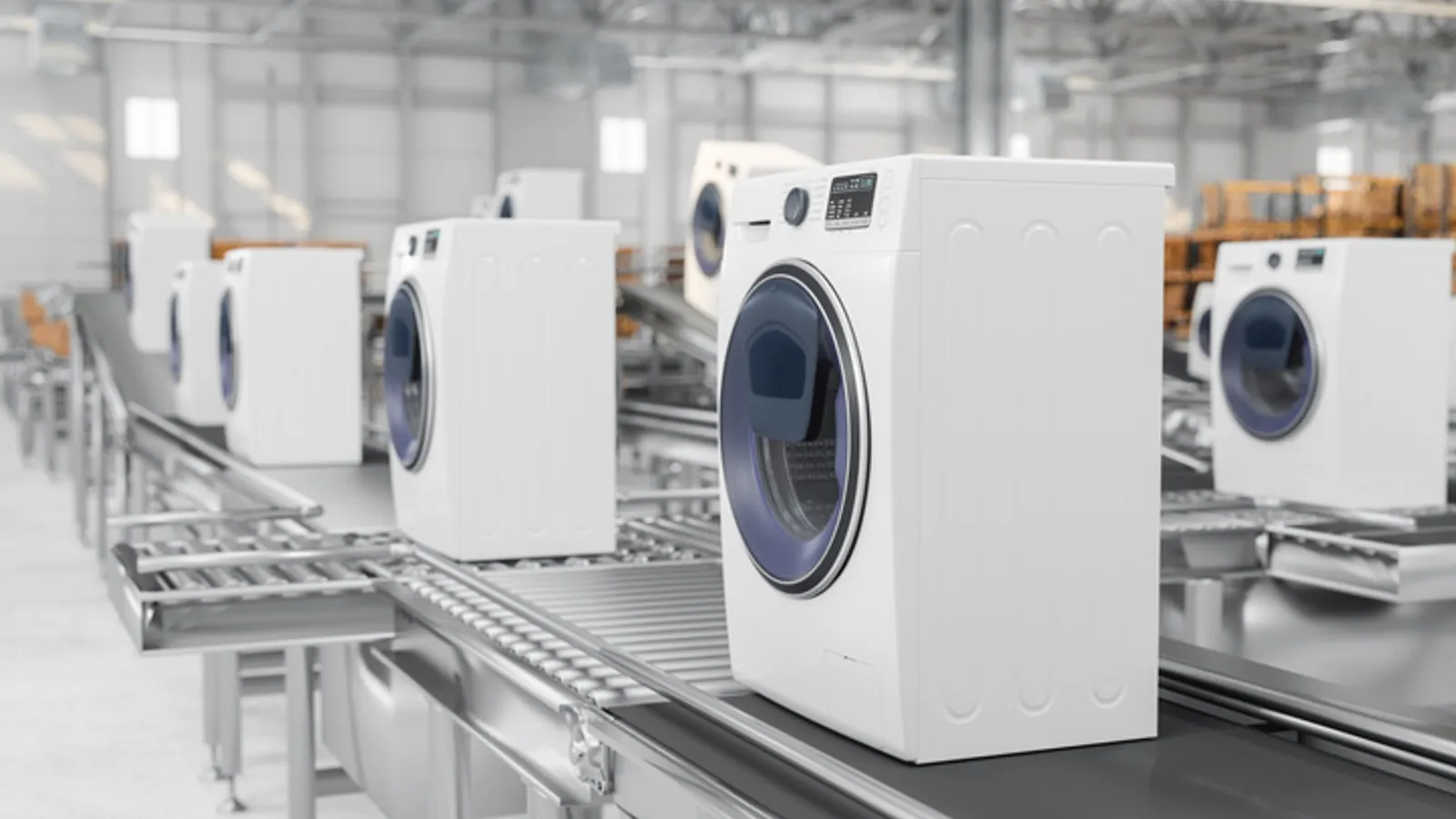Introduction to New Tariffs on Appliances
The recent announcement of tariffs impacting household appliances marks a notable shift in trade policy. Starting June 23, certain imported appliances will face a hefty 50% tariff on their steel and aluminum components, significantly affecting manufacturers and retailers.
Details of the Tariff Implementation
According to a Federal Register notice issued by the U.S. Commerce Department on June 12, the new duties will apply greatly to a variety of household items. Specifically, the listed appliances include:
- Refrigerators
- Freezers
- Washing machines
- Dryers
- Dishwashers
- Stoves and ovens
- Food-waste disposals
- Wire racks
Interestingly, this tariff isn’t placed on the appliances as whole units, but specifically on the steel or aluminum content used in their production.
Background and Context of the Tariffs
The imposition of these tariffs follows President Trump’s earlier increase in tariffs on steel and aluminum, bringing them to a staggering 50%. This rollback comes with a specific exemption for imports from the UK, showing a complex approach to trade dynamics.
Trump has articulated that increasing tariffs is essential to combat foreign nations dumping low-priced steel and aluminum into the U.S. market, underscoring a push to protect American industries and maintain competitiveness.
Historical Perspective on Tariffs
The initial tariff of 25% was enacted in February, leading to a steady accumulation of listed goods subject to penalties. While earlier impositions focused mainly on raw materials, the inclusion of appliances signifies an expanded focus towards finished goods, indicating a broader strategy to bolster domestic manufacturing.
Industry Impact Overview
As the rug gets pulled from under already tight margins, appliance manufacturers are being forced to make tough decisions. Firms that rely heavily on imported parts are likely to face increased costs, which could lead to inflated prices for consumers. Major players in the appliance market, such as Whirlpool and Electrolux, have already indicated potential adjustments in pricing strategies in response to these tariffs.
Key Industry Responses
During a recent earnings call, Whirlpool’s CEO mentioned that steel frequently accounts for nearly 50% of an appliance’s total weight—for instance, a washing machine can contain over 100 pounds of steel.
Electrolux’s leadership also noted the ongoing necessity to implement price increases in response to the adverse effects of tariffs. These companies are aiming to offset potential losses by raising retail prices, while striving to maintain a balance with their consumer base.
Retailers React to Price Increases
Retailers have been vocal regarding their strategies to mitigate the impacts of rising prices. Notable hardware and home improvement chains like The Home Depot and Lowe’s plan to locate most of their appliances from domestic sources and optimize supplier relationships to circumvent hefty costs. Conversely, Walmart’s CEO has cautioned that higher tariffs will directly translate into increased consumer pricing.
Logistical Challenges Ahead
The logistics of moving and distributing goods are integral to managing these changes. The added costs associated with tariffs may lead to logistical adjustments, as companies strategize to navigate the shifts in supply chain management. For businesses engaging in global trade, keeping a steady finger on the pulse of such changes is crucial.
Companies are expected to adapt their logistics plans accordingly, particularly businesses reliant on freight-forwarding and distribution networks, which will have increased operational costs to consider. For logistics firms like GetTransport.com, understanding these trends is vital to providing flexible and cost-effective transportation solutions.
Future Implications on Logistics
Long-term, these tariffs could reshape the landscape of logistics significantly. As manufacturers seek to offset costs, they may shift their sourcing strategies towards local suppliers, enhancing domestic supply chains and potentially creating new opportunities within the logistics sector. Adapting to these market dynamics becomes imperative for any operation engaged in transportation or logistics.
Conclusion
The new steel tariffs applied to household appliances herald a significant change in the industry, likely influencing market prices and logistical strategies. It’s advisable that both consumers and businesses remain informed about these ongoing changes. The potential for increased prices reinforces the necessity for effective logistics solutions. GetTransport.com stands ready to meet various transportation needs, providing an affordable, reliable service that ensures customers get the best offers while navigating the complexities of today’s logistical landscape.
With a commitment to transparency and efficiency, choosing GetTransport.com for your next cargo transport can ease the burden of ongoing economic shifts, proving valuable for anyone engaged in moving goods, household appliances, or even larger commercial shipments. Explore how GetTransport.com can simplify your logistics and help planning your next delivery.
Book now at GetTransport.com
